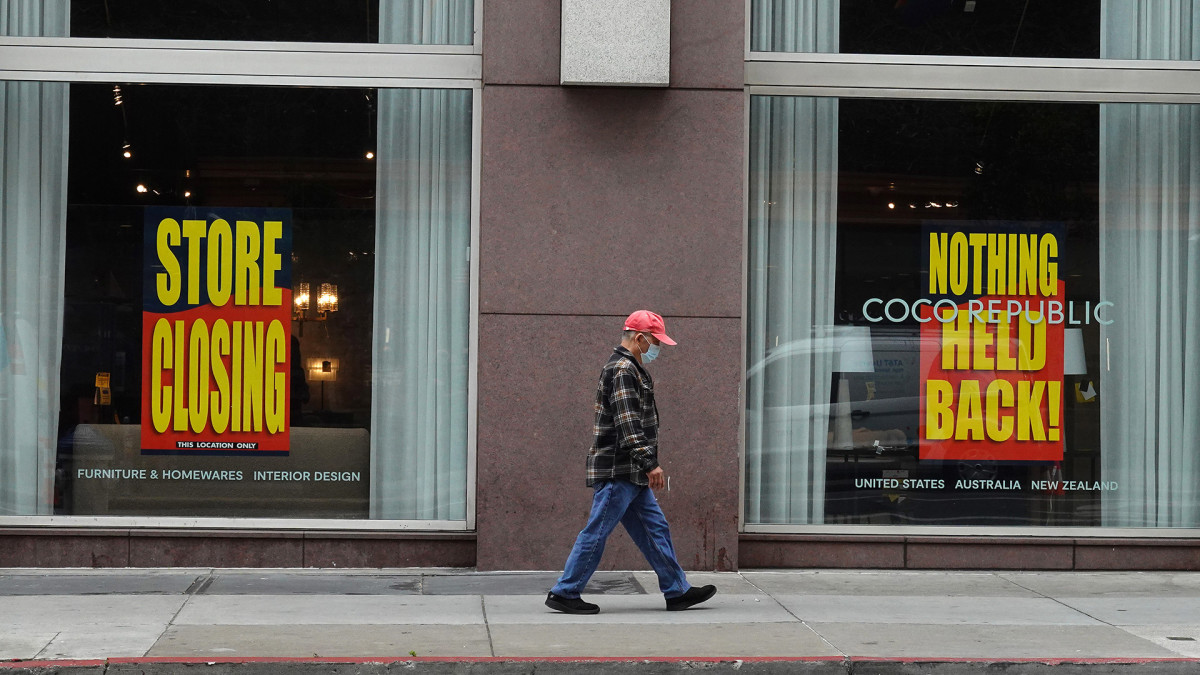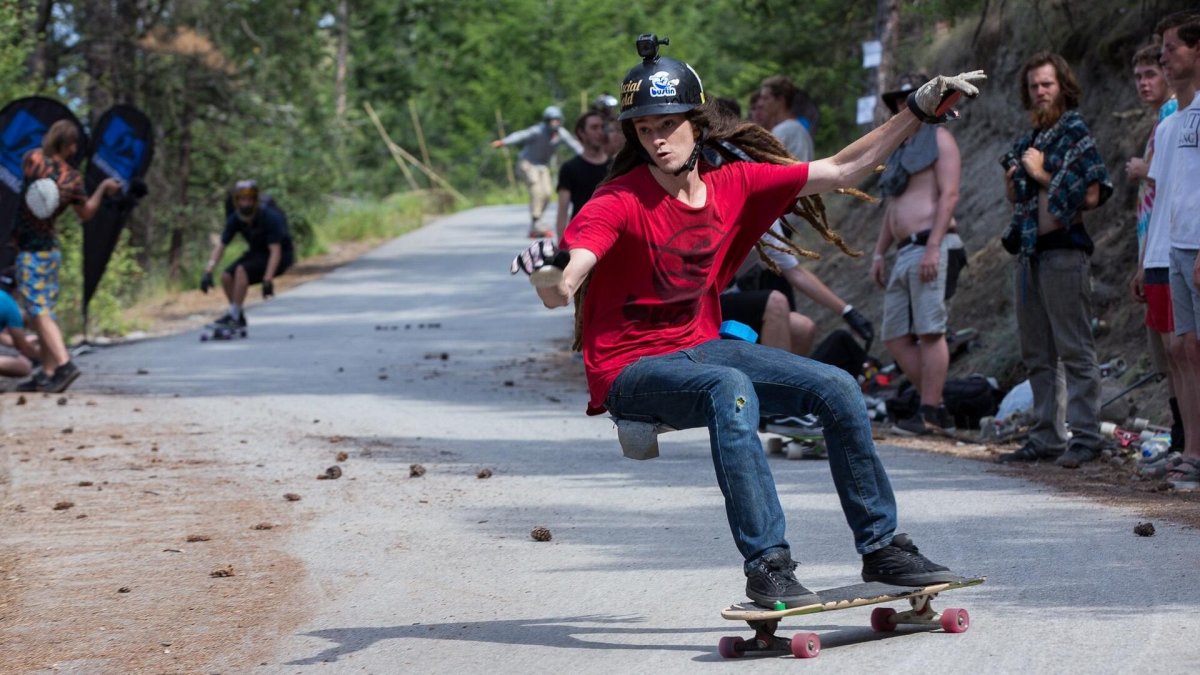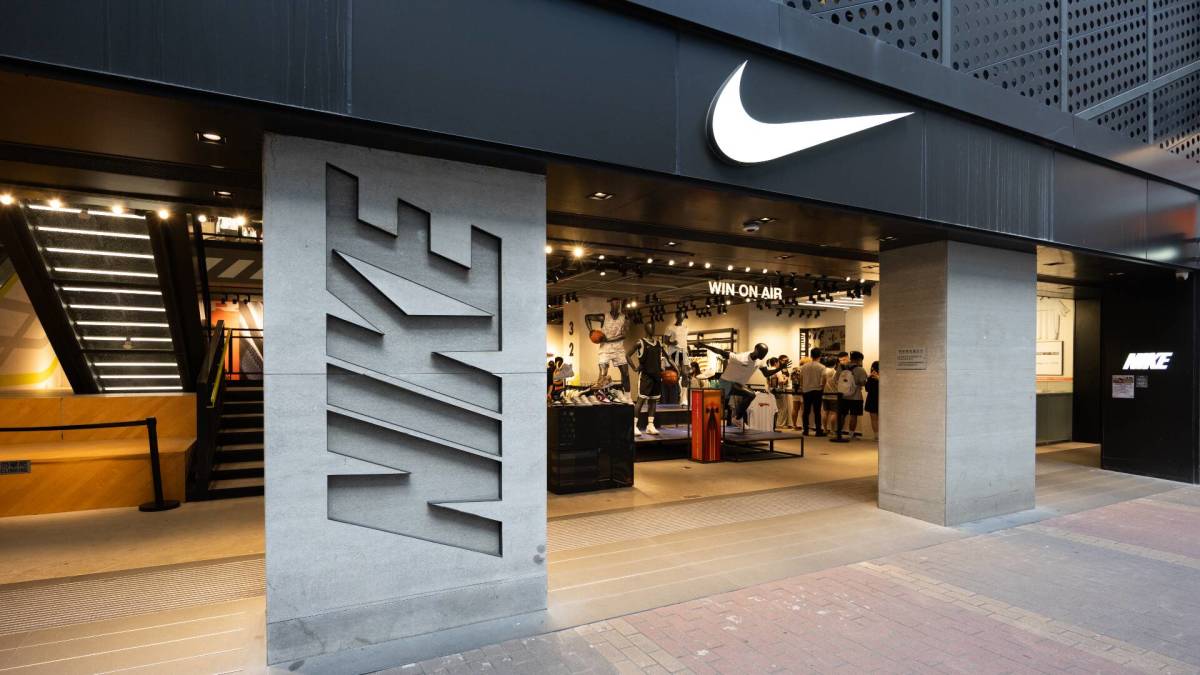Struggling sneaker brands makes difficult decision on closing stores
The iconic sneaker brand is cutting back, reorganizing, and chasing new growth in the premium market.

Some brands have been around so long they feel like staples. There was a period where it seemed like every woman in American owned a pair of Keds and every man with a tennis racket had at least one pair of all-white Reeboks.
Other brands, like Converse, have come in and out of mainstream popularity while maintaining a cult base. The sneakers never quite go away, but they have periods where they appeal to a niche audience rather than a mainstream one.
Related: Popular furniture retailer faces bankruptcy filing, liquidation
Vans has always felt closer to Converse than Nike. It's a skater brand at heart, and that audience has kept the sneaker company relevant, even when it has faded out as a mainstream option.
The sneaker company traces its history back to 1966 when Brothers Paul Van Doren and Jim Van Doren, along with partners Gordon Lee and Serge Delia, opened The Van Doren Rubber Company, Anaheim, Calif., for business on March 16. That was also when the Vans #44 Deck Shoes, now known as "The Authentic," were launched.
Vans hit its stride, however, in 1976 when "the Vans #95, now known as the Era, with a padded collar and different color combinations, is designed by Tony Alva and Stacy Peralta and becomes the shoe of choice for a generation of skateboarders," the company shared on its website.
The company actually struggled in the 1980s, and it filed Chapter 11 bankruptcy in 1984.
"Although the core Vans shoes are selling well, the wide range of products that Vans offers have drained company resources and Vans is not able to overcome debt," it said at the time.
Vans recovered and ultimately was sold to VF Corp. (VFC) in 2004. Image source: Pixabay
Vans has struggled in a changing sneaker market
Vans parent company, VF Corp., has been struggling, but CEO Bracken P. Darrell says things are improving.
"We improved our top line trend to negative 2% in constant dollars and flat and reported. A year ago, only 10% of our business by revenue was growing. And today, that number is almost 60%. We also delivered a much stronger bottom line, a loss of $56 million in our seasonally low Q1, about $50 million ahead of the high end of our guidance and ahead of last year," he shared during the company's first-quarter earnings call.
More Retail:
- Supermarket inflation: Beef prices soar as egg prices fall
- Levi's shares plan to beat tariffs, keep holiday prices down
- Amazon’s quiet pricing twist on tariffs stuns shoppers
He noted that Vans has been a problem, but he sees it as an opportunity.
"We're going to bring Vans back to growth. We don't like the numbers on Vans any more than you, down 15% in Q1. About 40% of the decline can be attributed to channel rationalization actions, as you know. Excluding these, if you look at the underlying trends, Vans is running down high single digits, but we're seeing some bright spots. We'll get Vans back to flat and then to healthy growth as fast as we can," he shared.
Vans has lost market share to new competitors Hoka and NoBull, while Nike remains popular in the skater space.
Vans has closed 140 stores, changed its retail footprint
VF has been working to right-size its retail portfolio and figure out proper distribution for Vans.
"In DTC (direct-to-consumer), over the last two years, we closed about 140 stores, about 20% of our global network. While it's tough medicine affecting revenue, it's improved our profitability," Darrell shared.
To get Vans back on track, Darrell has brought in Sun Choe to lead Vans.
"This team's freedom to innovate will be less and less constrained by the practicalities of the old product creation process as each quarter passes. So you'll see more and more ahead. But there are already positive signals in the Pinnacle side of the business. We had a 50% increase in appointment bookings at Paris Fashion Week in June, including new accounts and accounts who have delisted Vans in recent years coming back," he shared.
Part of the company's strategy will be moving sales away from its closed stores to new retail partners. Darrell also believes that Vans will have a future in a market that's very different from its core audience.
"Premium today is a small part of Vans, but this shows how sensitive this business is to new products. We don't have enough new products in the premium or the mainline yet, but Sun and the team, she is assembling our new product machines. New products are coming. With the recent changes in our supply chain, we're starting to accelerate our pace to market too," he added.
Th company, however, is not giving up on stores. It is changing how they display shoes.
"We've also now reoriented about 90% of our full-price Americas stores to provide greater gender clarity and we'll continue to change the format to show more newness and footwear focus in our visual merchandising," the CEO shared.
Key Vans facts:
- 140 stores closed
- 20% of global retail footprint
- Shift to premium and wholesale
- New creative head: Sun Choe
- Company adding new retail partners.
Related: Popular shoe brand files Chapter 7 bankruptcy, liquidating
What's Your Reaction?




















































